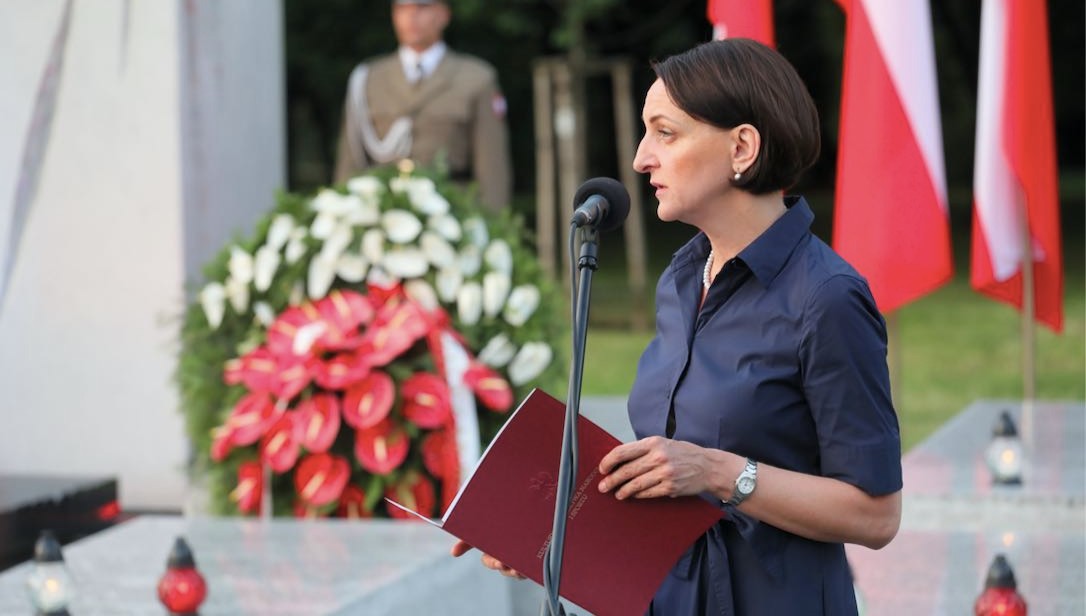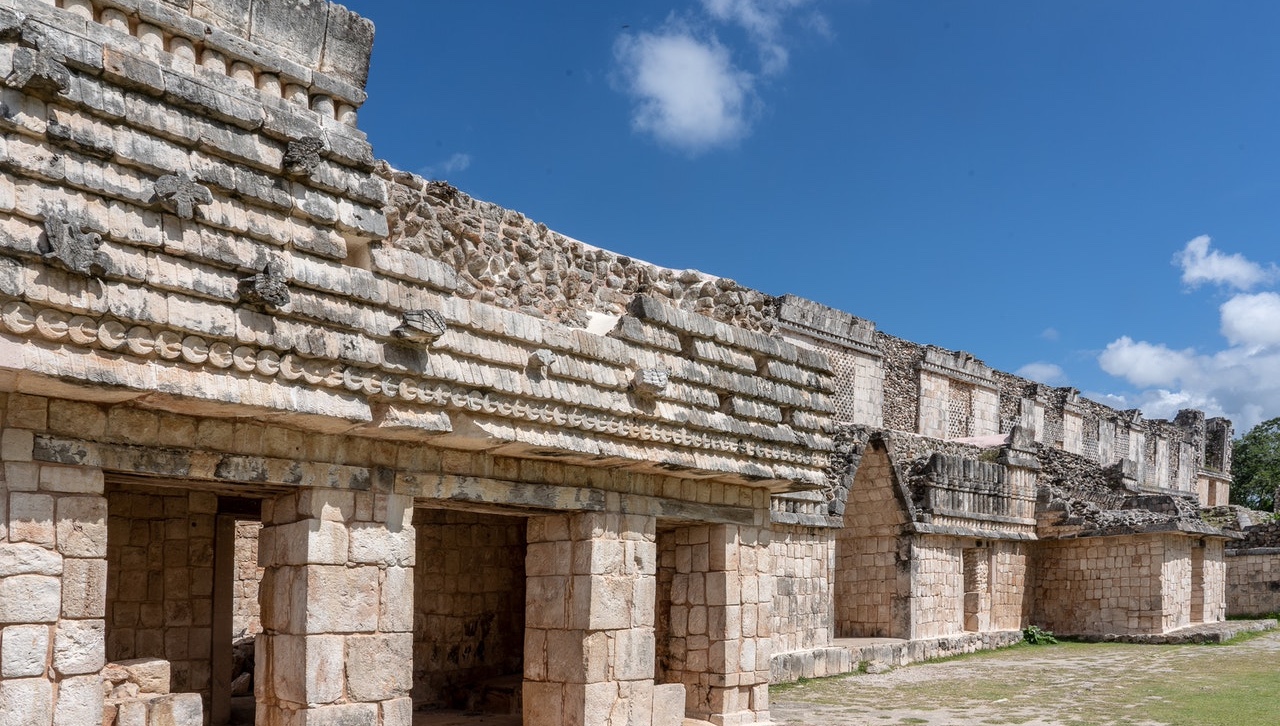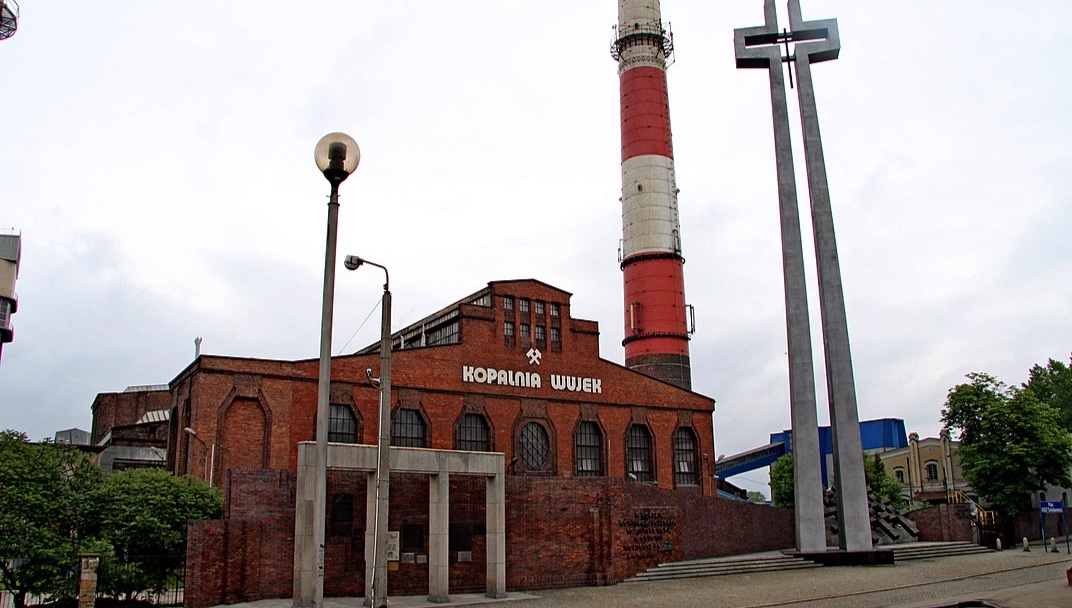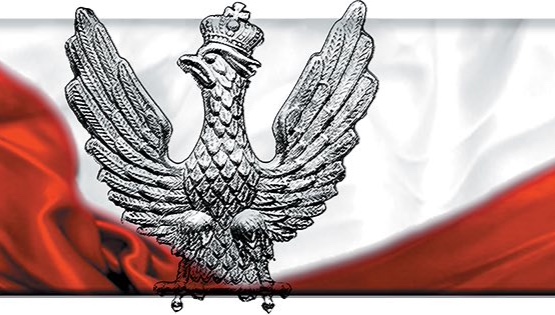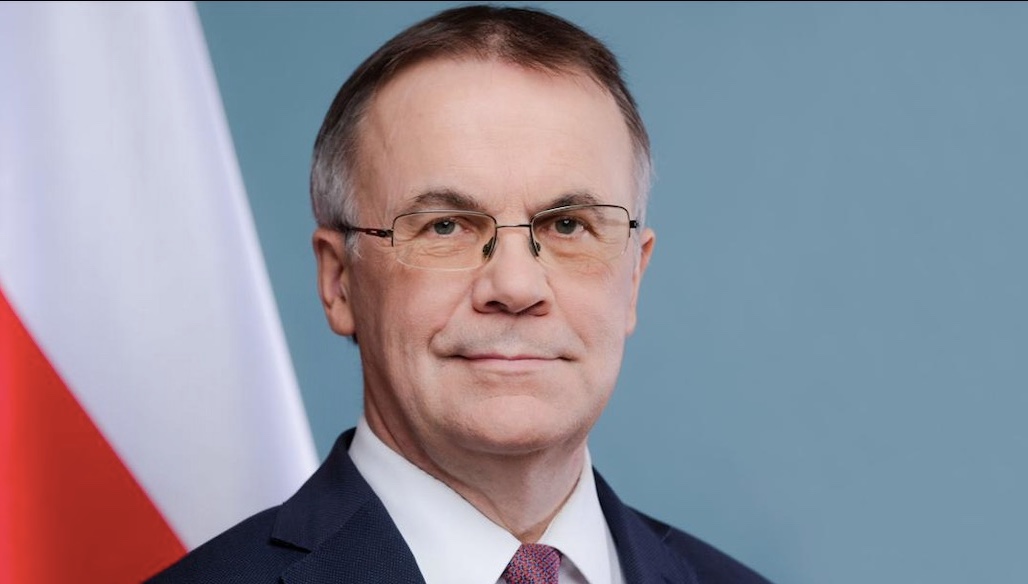11 concerts on two stages are planned during the 24th edition of the Jazz Jantar Festival which begins on Monday (12 July) in Gdańsk in its summer edition. Musicians from Poland, Czech Republic, Germany and the USA will perform.
Mirella Wąsiewicz from Żak Club in Gdańsk, which organizes the event, informed about the program of this year’s festival.
The concerts will take place in the Suwnicowa Hall of Żak Club and on an outdoor stage.
The festival will be opened with a concert by Ambrose Akinmusire, associated with the legendary Blue Note label. One of the most outstanding trumpeters of the young generation will be accompanied by Sam Harris (piano), Matt Brewer (string bass) and Justin Brown (drums). The musicians will perform material from Akinmusire’s latest album, “On the Tender Spot of Every Calloused Moment”.
The festival event promises to be a concert by American jazz pianist Emmet Cohen. It will be his first performance in Poland. His “stride” style of playing is reminiscent of the piano style that developed in Harlem in the 1920s. The Emmet Cohen Trio concert will take place on July 21. The pianist will be accompanied by Philip Norris (string bass) and Kyle Pool (drums).
On 14 July, the Janousek-Wróblewski Quartet, formed by young Prague residents, will present a fusion of the New Orleans tradition, New York downtown, free jazz and hard-bop, complemented by elements of rock, surf-rock, soul and contemporary music.
Three days later, young avant-garde jazzmen from the environment of Brno’s JAMU Music Academy and their teacher, the Pavel Zlamal&PQ band, will perform.
On July 23, Krzysztof Pacan Quartet will play. The acclaimed bass guitarist invited to his band Piotr Wyleżoł (piano), Radek Nowicki (saxophone) and Sebastian Frankiewicz (drums). Pacan has been active on the jazz scene for over 20 years, working with, among others, Janusz Muniak, Zbigniew Namysłowski, Michał Urbaniak and Urszula Dudziak.
The summer edition of the Jazz Jantar Festival will close on 25 July a concert by the Charles Mingus Group, founded by Franciszek Pospieszalski, who has invited Piotr Damasiewicz (trumpet), Marek Pospieszalski (tenor saxophone), Franciszek Raczkowski (piano) and Bartosz Szablowski (drums) to join him. The musicians will recall the repertoire of the legendary American string bass player Charles Mingus, especially works from the albums “Changes One” and “Changes Two”, recorded in the last years of his career.


